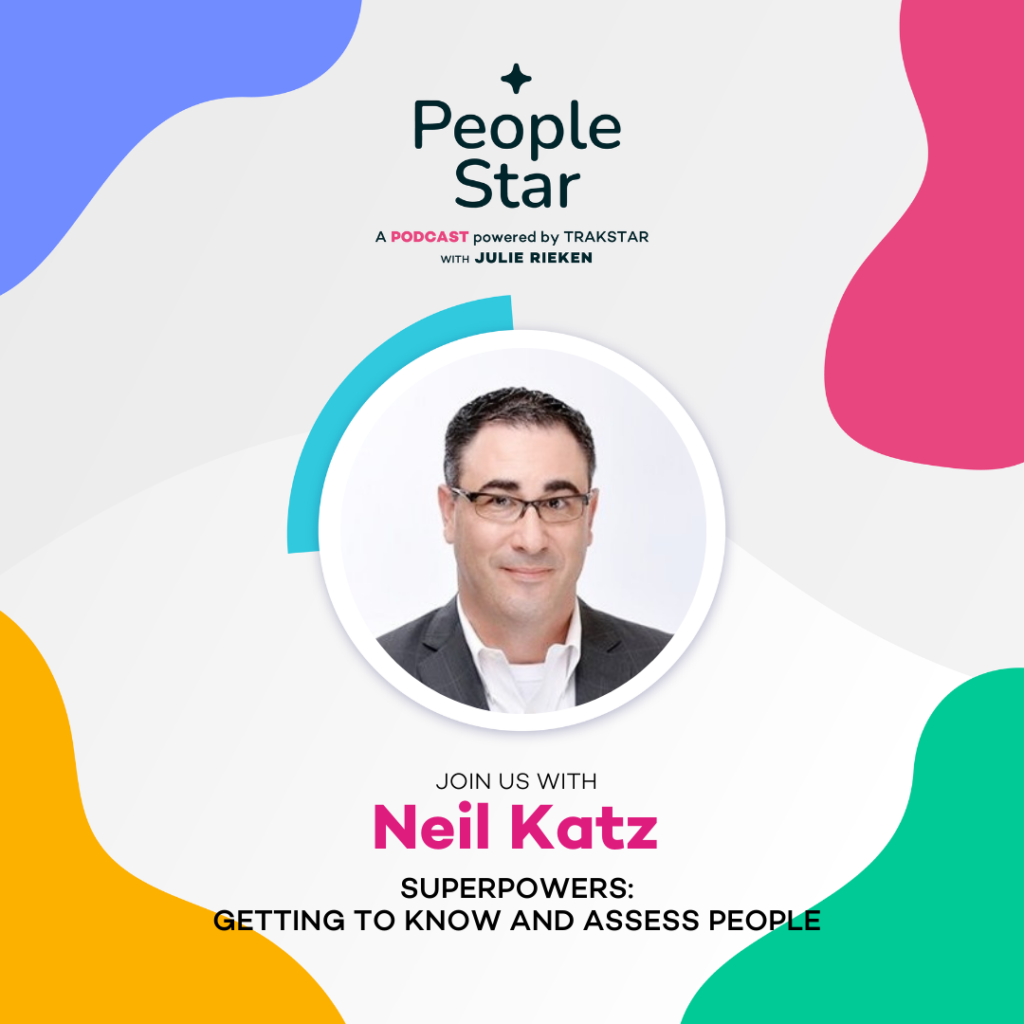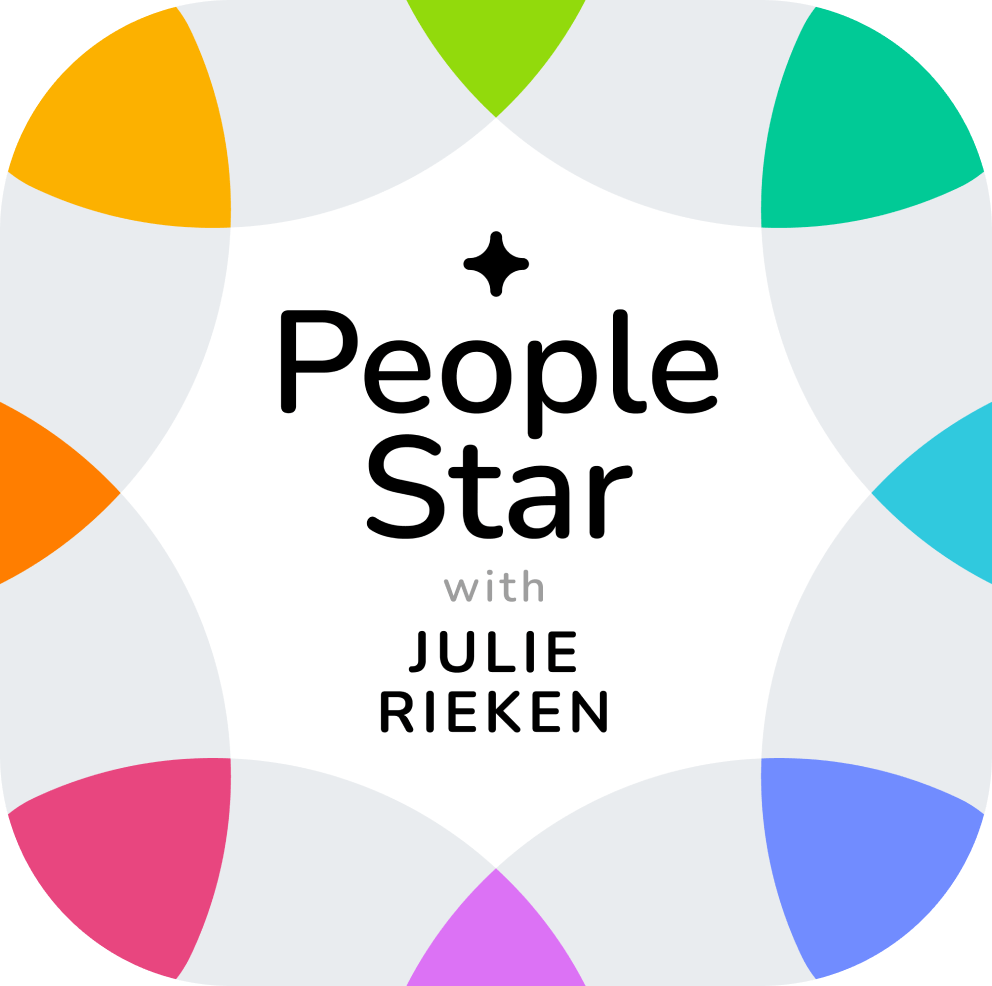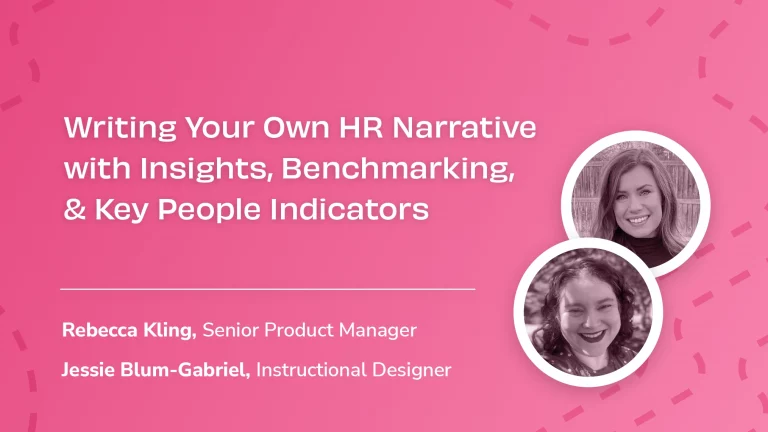PeopleStar_Neil Katz: this mp3 audio file was automatically transcribed by Sonix with the best speech-to-text algorithms. This transcript may contain errors.
PeopleStar Intro/Outro:
Welcome to the PeopleStar Podcast. We deliver leadership perspectives from industry experts on their people, architecture, routines, and culture as they solve HR’s newest challenges. And now your host, Julie Rieken.
Julie Rieken:
Good Day podcast listeners. Julie Rieken, host of PeopleStar Podcast. So excited today, lots of gratitude. It's the week before Thanksgiving and I have a super special guest with us today and it's Neil Katz. Neil has over 25 years leading, advising and consulting C-suite executives who are navigating human capital challenges, which many of us are. And aligning people in business strategies, which is our core function. It's complicated. And Neil's leadership has been in a variety of industries, retail, health care, manufacturing, telecom and startups, and helping companies navigate strategic plans while achieving employee and company's full potential. He understands the needs of companies and helps them understand the value that HR can bring to the company with positive people and business results. Neil and I have an interesting conversation set up for today. Neil, welcome to PeopleStar!
Neil Katz:
Julie, thank you so much and I'm glad to be here.
Julie Rieken:
So cool. So Neil, let's just start with this. You've got a lot of experience in a lot of places, and then right now you serve in a capacity of a fractional, doing fractional HR for an interesting business and all of this executive coaching experience. You must have some super powers to be able to do all of this. Will you just tell us what makes you tick? What do you think your super powers are?
Neil Katz:
Well, Julie, again, thank you for letting me be on the podcast. I'm very excited and you know, it's always a great question. What are our superpowers? We all have them. So I always tell our audience to make sure they know what their superpower is, because we all have them. And for me, my superpowers, the ability to get to know people and assess people. In human resources, we assess everybody we meet. But I have that ability to very quickly sit down, get to know you, ask you a few probing questions, really uncover who you are or what's important to you and what values you have. And that has added so much value to me as an HR leader throughout the years and throughout the companies I've supported and worked with to really help customize my message, customize the ability to speak to the different audiences I work with in different levels, whether it be an individual contributor or an executive in an organization. That ability to connect with and speak to the language of those individuals and making sure I understand what's important to them, that ability just to connect and really dig in and ask the right questions, to get to know them and get to know what's on their mind.
Julie Rieken:
I love that. That's a fantastic superpower, especially for someone in your role, Neil, so thank you for that. We were talking earlier today just about the way HR has changed and clearly with your years of, of experience and where we are today. We were talking about what advice and what things should HR leaders think about today. And I've heard a lot of different things from a lot of people, but you had two points that I thought were magical. Can we talk about the two things that you think are so important for HR leaders to think about today in their roles?
Neil Katz:
Sure. Julie, and thanks for asking a great question. And I think as we have all seen, HR has evolved and I've been doing this for 25 years and it's changed dramatically. And as we all know, the last two, three, four or five years have been really full of change. And I think the next 5 to 7, 10 years are going to be full of more change. But I think the most important things I've learned is what is change and how do we do this, is really the ability for HR professionals to learn the business and truly understand the business you're in, it is not just as nature practitioner. I work for X company and they do X, Y, Z. It's really understanding the company inside and out, what moves the company, what generates impact for the company. One of the things I find fascinating for people is how does the company operate? What are the important components of the company? Do you ask an HR professional, many of us know that what our staffing and org structures look like and what are performance reviews and what are some of the employee relations problems? But if you ask an HR professional what drives revenue? What are the new products? How do they work? Which products are selling better than others? Which parts of our company are performing better than others? These are all components and questions that not all of our HR colleagues understand. And there's an opportunity to truly understand how a business is performing, what generates revenue, what generates loss, what are, what's the margin, what's the financials. And really being a as we have all heard, the strategic business partner, I think it's moved beyond that. It's moved to truly be a part of the business and understanding how we play a role in that and how we can educate and share and make sure our colleagues and employees throughout the organizations we support understand what we do. And when you understand that and you can speak to that with your partners, your leadership, the leadership team of your company is the greatest value I've seen throughout HR. And it's a challenge. It's a great challenge to learn business and how those businesses operate. But I take it as a journey and a challenge to really understand what's important to those companies and why they do what they do. And at times we provide insight and wisdom to them that maybe they haven't seen before. That helps them financially or organizationally change and evolve.
Julie Rieken:
That is a piece of advice, Neil, that that, the reason I feel like that's so magical is because when I think about, when you go back to something you first said, HR knows employee relations, they know the departments, but knowing the business as well as the operators and understanding what generates revenue and growth, those two pieces, that's advice that I haven't heard before and I'm just thinking, okay, let's, let's play this out. You've seen this, I’m an HR director at a company and I don't know these things. What do I do? How do I get into that? Because what do I do? Just show up at a meeting and be like, Oh, hey, HR’s here! What advice? How can we get there? That is. I would love that. It's amazing.
Neil Katz:
It's really great. Thank you for asking. And I think the first thing is, the favorite thing you said is HR is here. And the first thing we know in many cases is someone's in trouble, somebody did something wrong. And I always say, no, no, no, no, no, no, no. I say, look, I'm on a journey to learn and I'll ask you like I ask 90% of the people I work with is tell me what you do, what is your job? What do you do in your job? Tell me your job, teaching your job. Tell me how your job plays an important role in this organization. And I have not met a person today that I've asked that question to tell me what your job is, how it plays an important role, what is the impact of your role in this company? And I've done this from a manufacturing line to shipping and receiving to distribution to somebody delivering French Fries at a restaurant. When they understand that and everybody likes to tell you what they do and why they do it and how proud they are. And you can ask questions like HR professionals do. What are you most proudest of in your job? What do you love about what you do? People will talk to you for days and you tell them, I'm here to learn because I want to learn about our business and I want to understand the key drivers of our business. And what's interesting is we think you have to do this with the individual contributors. You can't ask a manager or a director or a VP, but I'll be honest, I haven't met a person yet that’ll say, look, as HR I really want to understand our business. I know our people, I know our processes. I know policies and procedures and our benefits, I got all of that. Now tell me what you do and what's important to you. What are the key metrics you look at every day? Why is that important? Teach me what they mean. I had a leader once who explained to me a profit and loss statement for two and a half hours, and I finally said to him, sir, I know you have other things to do, so thank you for your time. And we wound up coming back like a couple of weeks later to talk some more. But this gentleman took all the time, I could imagine, to teach me about a profit and loss statement that I didn't know anything about. But I can tell you today I'm pretty good at reading a profit and loss statement. And you know what that value and that time that individual gave me was beyond helpful. And I'll tell you this, every time I saw him in his store after that, he's like, Neil, let me tell you about how revenue is going or, oh, let me tell you what's happened with this product. Let me walk you around and show you the new thing we've done. It changes the dynamic of HR when you understand your business inside and out, you could speak to it, you can talk to i, you can understand it. And when you speak that language and you understand that, the value and impact is exponential for HR.
Julie Rieken:
It really is. It's fascinating to think about HR interacting in that capacity at an organization. Tell me, what do you think the advantages are for for HR people that get to know this. What, what happens to them in the organization. You've said it changes the culture, and I think it does. I'm just interested what, what other advantages do you think happen as a result of getting to know a business?
Neil Katz:
I think you learn a lot about what's happening in the business. People are more open to come to talk to HR, to share with HR, to share with us what's happening. And as we all know, in many cases in HR, we're usually second or third, possibly last to know what's happening or we're brought in when things are very problematic or traumatic and we're asked to come in and resolve and reflect and fix. When you build that relationship and that rapport and that genuine desire to learn and understand, they're more open to share with you what's happening. You'll be walking through somewhere and they're like, Neil, come here, I want to talk to you for a second. What's going on? Oh, let me tell you about this new product, this and this. And you start talking for a minute, you know, Hey, I got this issue I want to talk to you about. And when you're brought in earlier, quicker, sooner, you're able to have a greater impact and resolve on the company and its people, because you’re brought in as a partner, not at the end to come back and fix and resolve and correct those mistakes. You're brought in early in the phase and that's been the greatest value of have is the ability for people to come talk to me, to be open and honest early before things get to be really difficult and challenging organizationally. It's, it‘s helped so much for me in my career and other components. I've learned so much about business and companies and what they do. And let's be real, fundamentally, people love talking about what they do, it's just human nature.
Julie Rieken:
I think that's true. I'm thinking a little bit about something you said earlier, which is your superpower is being able to understand and connect with people and that you're able to understand people, whether they're individual contributors, directors, C-suite, whatever that is. And I'm just thinking about this connection that when an HR leader walks into a room and we've talked about, well, collectively in the world, that HR has been elevated in the last few years from being more compliance or employee relations benefits, all of that still critical, but it's become a critical role and it always has been. But I think more, we accept it more in our social circles that HR is now a critical business partner of the C-suite. When you understand and you're able to understand the different perspectives at every level of the organization and you bring that workforce knowledge to the C-suite, I think it fundamentally changes the value of HR and bringing value into the whole conversation about a workforce in an organization. And I wonder how you think about that. How can HR leaders bring that knowledge of the business into the C-suite? What what should they do? How should they, how should they bring that knowledge? Once they know all that, what do they do now?
Neil Katz:
I think this is where the magic truly happens, and that's the ability to integrate both people and business together. Our operators know their business, they know how the business operates. Now we do. And now we have the ability to talk about, we see we're launching Product A and this new product, and it's going to have this impact on the company and we're going to see a 25% and growth in revenue. And the company is super excited and our finance team is, and our marketing team and our distribution supply chain, everybody is ready to go and we walk in and we say, hey, we're excited with Product A and this is gonna be great, we're really excited. What's our staffing plan like? They’re like what? Well, Product A, 25% growth in revenue we projected we're going to need 16 people in this department, 2 in this and 3 in here for us to achieve this 25% growth. And we know that margin will help us offset these folks by hiring at this rate. So we'll help you be prepared for that. And they're like, wait a minute, you just took a business strategy and created a people strategy to support us. Well, of course, we're here to support the business, help the business achieve its operational goals and objectives. We'll design the people goals and objectives to match up. Do you tell us where you want to go? You tell us the journey you're on. We'll take our knowledge of the business and bring you the people component, and I'm going to tell you they love it. And the other part of it, Julie, that's been wildly successful is speaking the language of our operators or our customer. You don't go in and speak French to somebody that speaks Spanish. We as HR practitioners have to learn to be able to speak the language of the customer finance, marketing, supply chain operations, C-suite level leaders. When you speak their language, you speak with them and understand and communicate in the way they speak. And we speak back that same way and not using our language and lingo that we're used to, the value and impact is exponential. You can, it just moves quicker, faster, more dynamically, and you're able to understand each other in a way that's never been achieved before. And it's amazing to watch the transformation when we can speak both languages the same and more aligned and understanding. And I will tell you as we continue to open the doors for HR to be at that table and to stay at that table, the impact of understanding the business and then bringing in the people components of how we support that, the journey is endless for HR.
Julie Rieken:
This has been such a great conversation, Neil. I've talked to a lot of guests about the changing nature of HR, but I've never gone as deep with a guest on how important it is to get to know the business, the metrics, what drives revenue in terms of HR’s value. And you really solidified it today. And I think that's a valuable message for HR and it's one that's meaningful to me as an executive and I think will be meaningful to our listeners. So. I want to thank you for being a guest, this has been great.
Neil Katz:
Julie, it's been truly enjoyable and I hope there's value the guests get from this today, and I look forward to supporting any of them if they ever need anything in the future as well.
Julie Rieken:
Thank you, Neil.
PeopleStar Intro/Outro:
Thanks for listening to the PeopleStar Podcast. For the show notes, transcript, resources, and more ways to get a seat at the table, visit us at TrakStar.com/Podcast.
Sonix has many features that you’d love including automated subtitles, advanced search, share transcripts, automatic transcription software, and easily transcribe your Zoom meetings. Try Sonix for free today.




